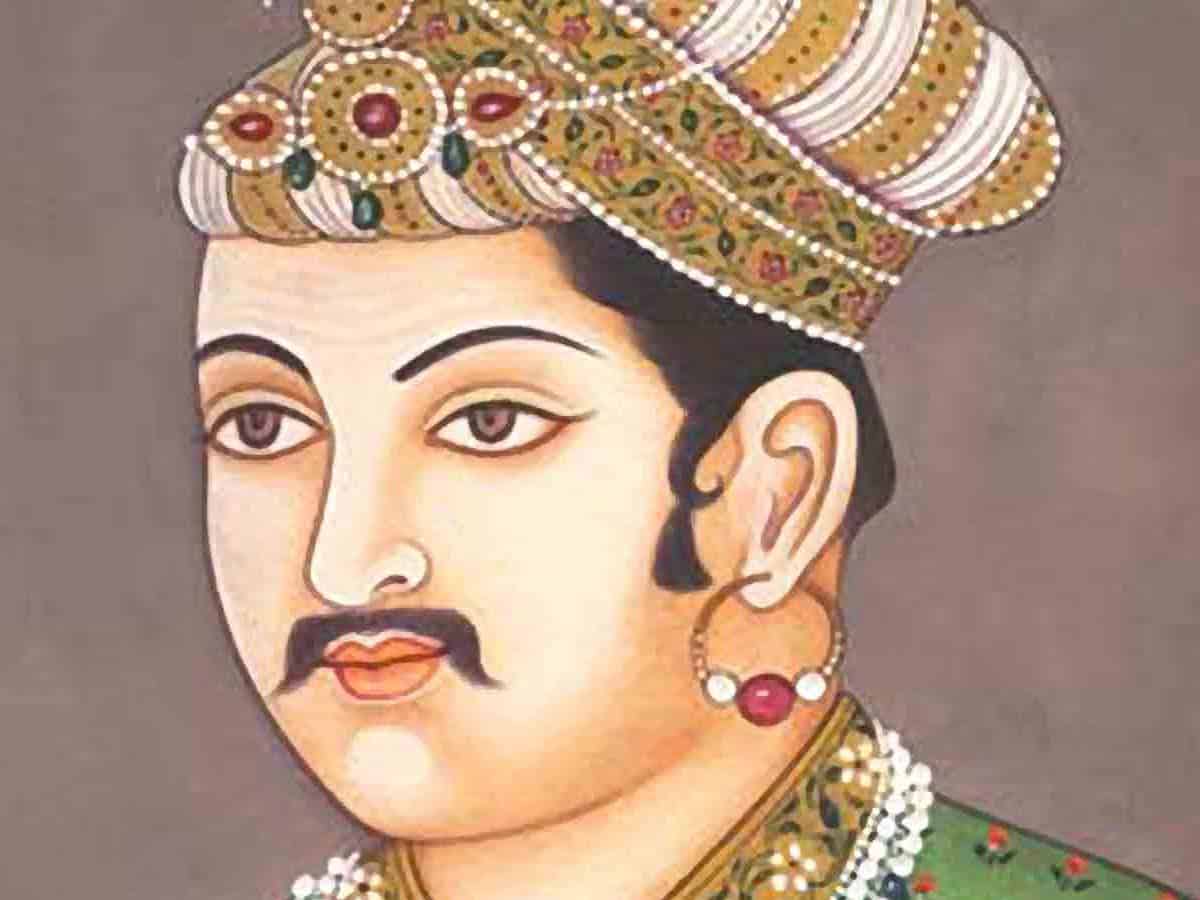Hyderabad: The British Judge who was presiding over the trial of Shaheed Bhagat Singh asked him why he attacked the Britishers and not the Mughals who ruled India for 800 years.
Bhagat Singh’s reply was: “Your rule is like a sponge which sucks the jewels and diamonds of Ganga and squeezes it at the Thames in England. You get rich by our wealth and progress. The Mughals ruled our hearts and unlike you, they did not take India’s wealth outside. They spend it here, they enriched India, made monuments and died and got buried in its soil. They made India a Golden Bird opulence of which brought you here from across the seven seas.”
There is a section on Social Media which tries to suppress historical facts and peddles fake news. They routinely try to present Muslims in poor light and distort the historical facts to present their rule as tyrannical and oppressive. Bhagat Singh’s reply is enough to shut them up.
Dr. Kauser Osman, Professor King George Hospital, Mumbai in a viral video further mentions some of the major contribution of Muslim rulers to enrich India and its culture.
Prior to the Muslim rule, India was not a unified country as we see it today. It was divided into many city states ruled by Rajas. It was the Muslims who unified the country from Bengal to Afghanistan. That was one of our great achievements, Dr. Osman says.
In warfare, Zaheeruddin Babar was the first King who introduced cannon to India, Dr. Osman says and adds that, “The first rocket made in India was by Sher-e-Mysore Tipu Sultan. In 1799 when Tipu Sultan was martyred, the British took his rocket/missile and researched it from 1801 to 1805 but they could not comprehend its system and its design. Tipu Sultan had described the use of this rocket in a book Fathul Mujaheden which is in Paris Museum. He described in the book how to use the rocket.”
Similarly, Dr. Osman says, the man who was behind Prithivi and Agni Missile system, is APJ Abdul Kalam, a Muslim who is known as “Missile-man” or “Father of Indian Missile”.
“The Revenue system being followed in India was introduced by Sher Shah Suri during his reign (1538 to 1545) who was one of the best administrator. He introduced police and postal systems and was the one to construct the first trunk road in India from Culcutta to Peshawar. He made caravanserais for the travelers comfort, planted trees and dug wells. He brought changes in monetary dealings and introduced Rupee as the currency in India,” Dr. Osman informs.
Dr. Osman further points out that the first Mutiny or freedom struggle was launched in 1773 which is known in the annuls of Indian History as ‘Fakhir and Sanyasi Rebellion’. It resulted due to severe drought. The Muslim fakirs and Hindu sanyasis used to go together to British warehouses to loot the grains to distribute it among Hindus and Muslims and it went on for about 50 years.
“Allama Fazle Haq Khairabadi,” informs Dr. Osman, “was the first Muslim scholar to give a war fatwa in 1857 for Muslims to fight against the British Rule. Due to this Fatwa the Mutineers could chase the Britishers away from Delhi.”
The British Governor General received a letter in 1858 from England stating that the Muslim Ulemas (religious scholars) were chiefly responsible for the Mutiny. Consequently, tens of thousands of Muslim scholars were hanged without trial by the Britishers, says Dr. Osman.
When the Britishers re-captured Delhi, their soldiers presented Bahadur Shah Zafar, the last Mughal Ruler, the severed heads of his sons and grandson on a platter covered with red velvet cloth. Dr. Osman informs.
“The Muslims’ sacrifices in the independence of this country and in its progress are unmatchable,” Dr. Osman says.
In short, Muslims left an indelible mark on every sphere of life be it culture, language, poetry, cuisines, architecture, landscaping and gardening etc. They came here, they loved the country, they stayed back, died here and got buried in its soil.


